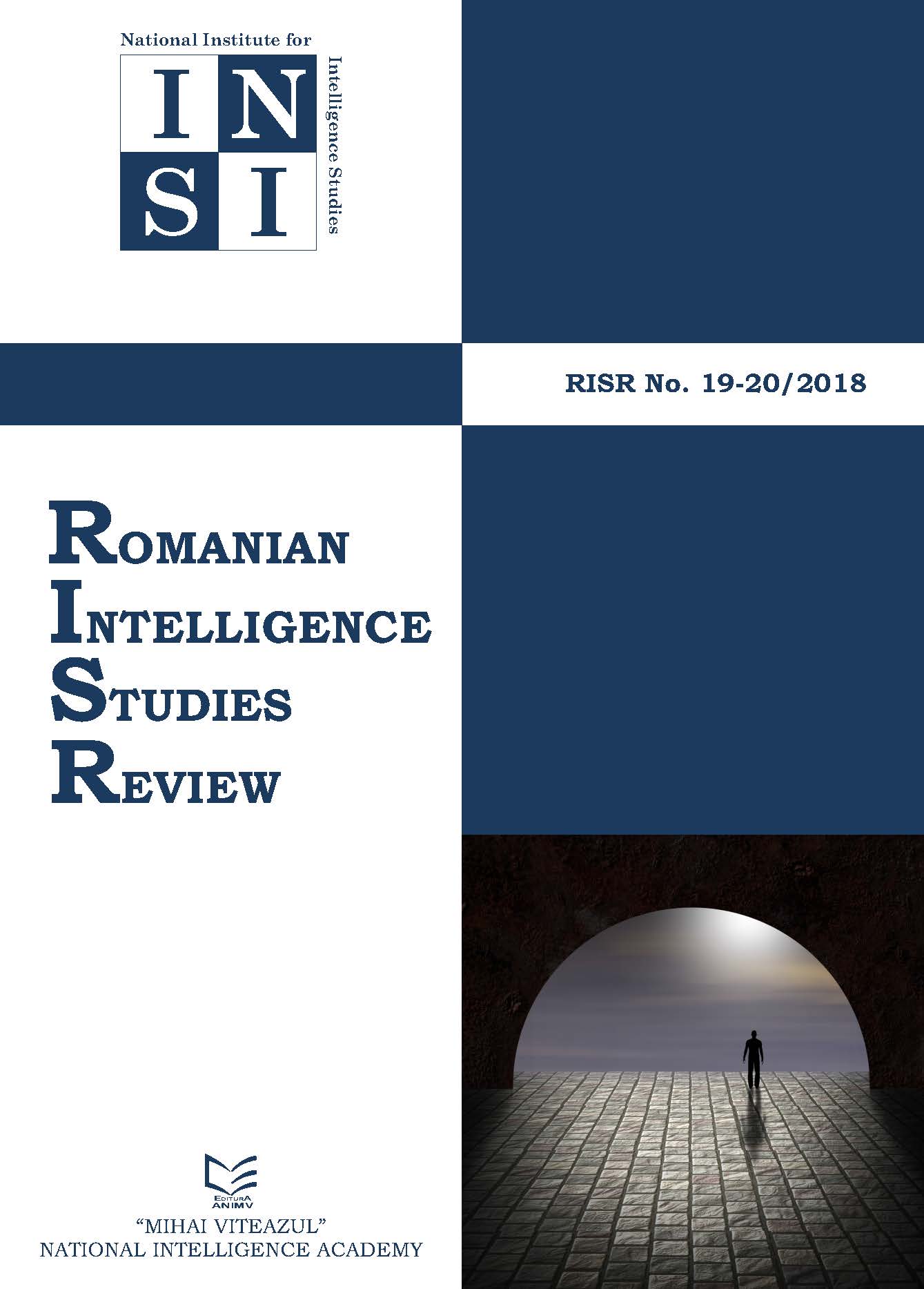TO BE OR NOT TO BE RADICAL. FROM ONLINE DISCURSIVE AGGRESSIVENESS TO OFFLINE AGGRESSION
TO BE OR NOT TO BE RADICAL. FROM ONLINE DISCURSIVE AGGRESSIVENESS TO OFFLINE AGGRESSION
Author(s): Andrei VlădescuSubject(s): Social Sciences, Studies in violence and power
Published by: National Institute for Intelligence Studies
Keywords: Discursive aggression; online harassment; cyberbullying; hate speech;
Summary/Abstract: The exponential development of virtual collective communication favours notonly the personal development of individuals but also new ways of expressing negativefeelings and thoughts stimulated by the possibility of anonymity and real timedissemination of the opinions. Actually any field of the social life can be reached by thephenomenon of discursive aggression and online harassment, as well as by the launchingof rumours or expressing unfavourable opinions towards an individual, a social group(regardless of the catalyst that underpinned its creation – ethnicity , religious,professional or other) or a community.The new form of harassment, called cyberbullying, can reach mass dimensionswhen its support are social platforms that favour the rapid distribution of content,adhesion and rallying to a cause, such as Facebook, Twitter, Instagram or YouTube, andthe forms in which carry out include: repeated humiliation of a person; sending obscenemessages and offensive content; ridiculing by creating a bogus account or blogcontaining biased information. From the same perspective, online aggression can havemultiple effects, manifested individually or together: diminishing the sense of security;increasing anxiety; changes in mood or behaviour; feeding racial or religious prejudices.On the other hand, whatever it is called cyberbullying, cyberstalking or hatespeech, online aggression can be speculated by entities interested in generating shorttermor medium-term social tensions or animosities among supporters of divergingpolitical trends, with direct impact on the occurrence of violent incidents, and in the longterm generate a fracture between governors and citizens, or even to a diminished thecohesion of a nation, social disorder and dilution of the rule of law.
Journal: Romanian Intelligence Studies Review
- Issue Year: 2018
- Issue No: 19-20
- Page Range: 125-136
- Page Count: 11
- Language: English

